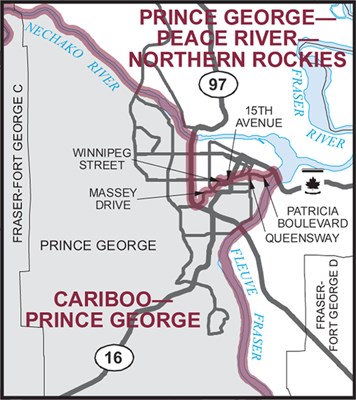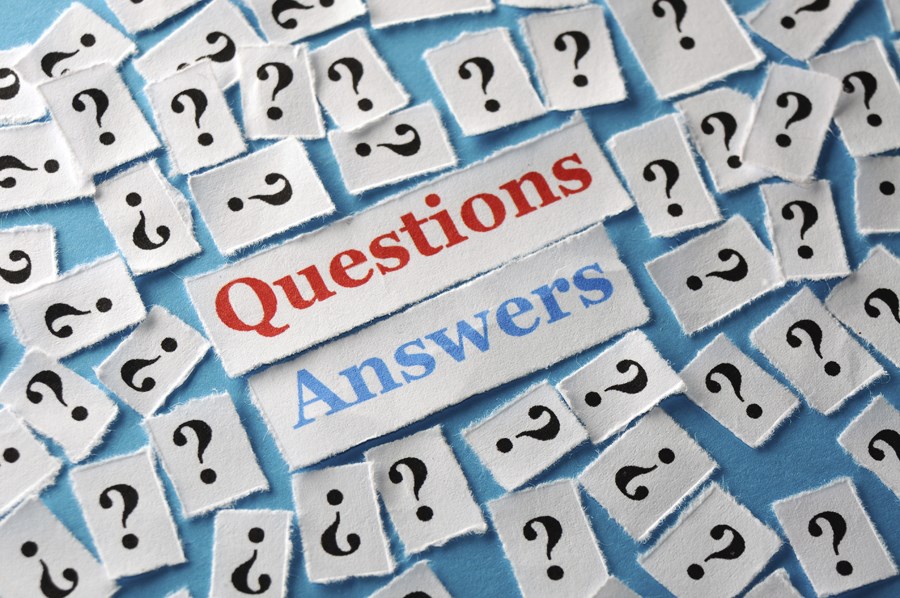When was the election called?
Prime Minister Stephen Harper paid a visit to Gov. Gen. David Johnson on Aug. 2. The trip to Rideau Hall culminated in a request to dissolve Parliament and set the stage for an 11-week (78-day) election campaign.
Who is House sitting?
Once the writ of election is issued (or "dropped" in the colloquial sense), Parliament is dissovled and an election campaign begins, that means the majority of people who worked as MPs are essentially out of a job (don't worry, they're still getting paid). This doesn't apply to the Prime Minister or members of his cabinet, who are expected to continue in their roles.
Who can run for office?
Pretty much if you can vote, you can stand for office. This means Canadian citizens who are at least 18 years old on Oct. 19 can run for a seat in the House of Commons.
The exceptions to this rule include current MLAs, prisoners, provincial court judges, an election officer or someone who ran in the past and still hasn't filed all of their paperwork.
You can only run in one riding at a time, but you also don't need to live in the riding.
Nomination papers need to be filed by Sept. 28 and, typically, you need the backing of 100 people in the riding to sign off saying they're cool with you becoming a candidate – typically. The two Prince George ridings are among the seven in B.C. where you only need 50 people to give you the nod.
Who is running for office?
(Click names for profiles)
Prince George-Peace River-Northern Rockies
This riding has six candidates:
• Elizabeth Biggar (Green)
• Barry Blackman (Progressive Canadian)
• Kathi Dickie (NDP)
• Todd Keller (Libertarian)
• Matt Shaw (Liberal)
• Bob Zimmer (Conservative)
Cariboo-Prince George
This riding has seven candidates:
• Tracy Calogheros (Liberal)
• Gordon Campbell (Unaffiliated)
• Sheldon Clare (Independent)
• Adam De Kroon (Christian Heritage)
• Trent Derrick (NDP)
• Todd Doherty (Conservative)
• Richard Jaques (Green)
When can I cast my ballot?
General voting takes place on Monday, Oct. 19.
Advanced voting opportunities will be available on the following dates (yes, it's Thanksgiving weekend):
• Friday, Oct. 9
• Saturday, Oct. 10
• Sunday, Oct. 11
• Monday, Oct. 12
Am I registered to vote?
The short answer: probably.
If you've voted before, it's a pretty safe bet you're registered. If you've filed your taxes (checked the box allowing the Canada Revenue Agency to share your info with Elections Canada), you're also already on the list.
You can double check if you're on the voters list, update your address or register for the first time online.

Where do I vote?
Well, that depends on where you live.
Prince George is covered by two ridings: Cariboo-Prince George and Prince George-Peace River-Northern Rockies. Closer to voting day, information cards will be mailed out to everyone registered to vote with the exact address of your polling station.
Until then, you can throw your postal code into Elections Canada's website for the definitive answer or take a glance at the map.
What do I need to vote?
This year, the government passed new legislation surrounding identification required to cast a ballot in person – one of the key differences being that the voter ID card you get in the mail no longer counts like it did during the last election.
To vote, you'll either need ID that shows both your picture, name and current address (driver's licence, provincial ID card, etc.) or two pieces of that prove name and address (such as a blood donor card and utility bill). Elections Canada has an exhaustive list of the available options.
Those without ID showing a current address can no longer have someone vouch for them, but if you have something with your name on it, you can bring another voter (who is casting a ballot at the same polling station) to swear a written oath about your place of residence.



